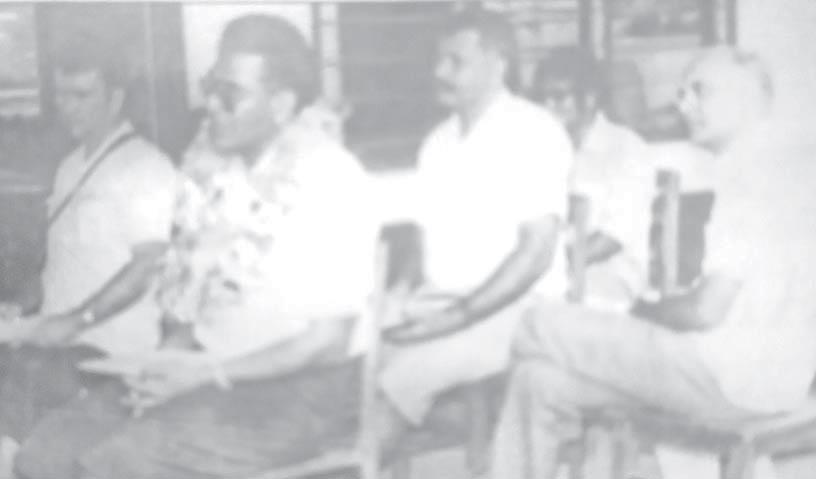Early development of skills and other trades of work is important in minimising the level of youth unemployment.
In 1981, the Ministry of Youth established a national youth camp in the Sigatoka Valley to help rural youth in the country develop their resources and self-confidence in the field of agriculture.
On July 20 that year a The Fiji Times article stated the camp would teach the young people of Sigatoka the necessary knowledge of farming techniques.
Various courses were conducted, ranging from pig farming techniques, basic carpentry, vegetable gardening and a separate course for goat farming.
The ministry believed there were many youths in the country who needed vocational training of this sort to give them a start in life and to get them established in the development of their communities.
As these young people learnt the basic fundamentals, like goat farming, they were encouraged to put what they had learnt into practice and make a living for themselves.
The types of training provided at the camp was expected to help ease the rising unemployment situation in the country while encouraging young people in the rural areas to find self-employment by developing their own farms.
With this effort, the ministry hoped to begin to tap Fiji’s brightest hope for the future — its youth.
The then director of the ministry, Inoke Tabualevu, strongly supported the concept of non-formal vocational training, adding that courses such as the ones being conducted at the camp served as models to promote and develop this ideology.
According to Mr Tabualevu, any training program could only be measured by the young person’s ability to apply the acquired knowledge in a local situation whether it was a village or settlement.
An important aspect of the program was that participants needed to have a support system where they could put into practice what they learnt.
Each participant would need the support of the village, community or family in terms of the availability of a piece of land for the project.
During a graduation at the national camp, the director of the Peace Corps volunteering in Fiji, James Dawson, expressed some useful thoughts to the participants.
He described the courses run by the camp as unique and stressed the need for participants to work towards the goal of self-sufficiency.
Mr Dawson said youths were the “crusaders of the future” and urged them to develop resources available to them that would help make Fiji a truly independent country in terms of self-sufficiency in agriculture and the future development of the industry.
He compared participants of the course in the youth camp with United States volunteers in the country who were here to train and impart new skills that would help in the development of the country.
The courses at the camp were described by the United Nations Development Program and the Food and Agriculture Organization adviser on goats, Malik Hussein, who conducted the program, a very successful one.
During the course, the 35 participants were taught the fundamentals of breeding, feeding, disease control and management of goats for farming in the country.
Other subjects such as personality development, leadership, and farm machinery were expected to begin their own individual projects of raising, rearing and breeding goats.
At the completion of the course each participant was given basic tools and some animals to start their own farms.




